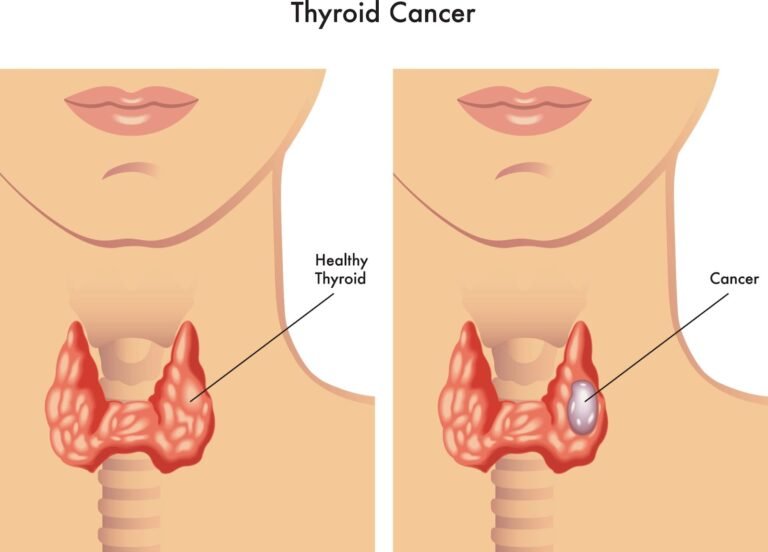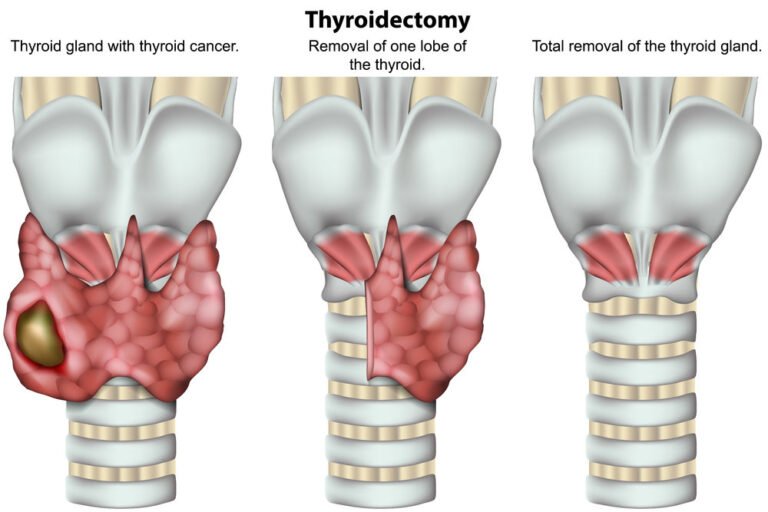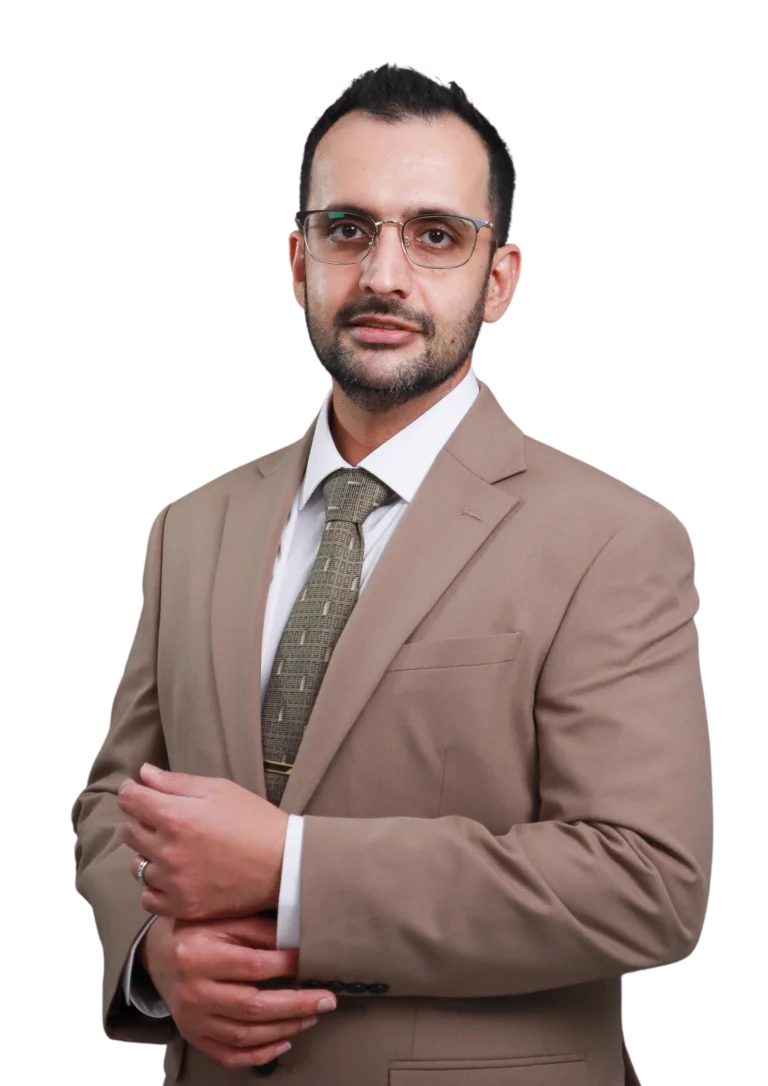At Bariatric Surgery Malaysia, we specialize in thyroid surgery (thyroidectomy) — a procedure used to treat conditions like thyroid nodules, goiter, and thyroid cancer. Our board-certified endocrine surgeons use advanced, minimally invasive techniques to ensure safety, accuracy, and a fast recovery.
Thyroid surgery involves the partial or complete removal of the thyroid gland, located at the front of the neck. It is most commonly performed to treat:
Thyroid nodules (benign or suspicious)
Goiter (enlarged thyroid causing compression)
Thyroid cancer
Hyperthyroidism or Graves’ disease
Persistent or recurrent thyroid cysts

Removal of the entire thyroid gland. Often done for cancer or severe goiter.
Removal of one lobe of the thyroid. Ideal for unilateral nodules or small tumors.
Smaller incision, less scarring, and quicker recovery using modern surgical tools and techniques.
Thyroid surgery is typically advised if you have:
A suspicious or cancerous thyroid nodule
A goiter that causes difficulty breathing or swallowing
Hyperthyroidism unresponsive to medication
Cosmetic or structural concerns due to thyroid swelling
Confirmed thyroid malignancy via biopsy

1. Consultation & Diagnosis
Ultrasound or thyroid scan
Fine needle aspiration (FNA) biopsy
Hormonal blood tests
2. Surgery Day
General anesthesia
1–2 hours operating time
Performed by a thyroid-focused surgeon
3. Aftercare & Recovery
Same or next-day discharge
Mild neck discomfort for a few days
Return to normal activity within 1–2 weeks
Lifelong thyroid hormone replacement (if full thyroid is removed)
While thyroid surgery is safe in experienced hands, potential complications include:
Temporary or permanent hoarseness (nerve injury)
Low calcium levels (parathyroid gland effect)
Bleeding or infection
Need for thyroid hormone replacement
Our team uses nerve monitoring and precision techniques to minimize risks and ensure safe outcomes.


At Bariatric Surgery Malaysia, all upper endoscopy procedures are performed by board-certified gastrointestinal and bariatric surgeons with extensive experience. Our center is equipped with the latest endoscopic technology to ensure precision, comfort, and fast recovery.
I had multiple thyroid nodules and opted for total thyroidectomy. Dr Navin Man was calm, professional, and explained everything in detail. Surgery went smoothly and recovery was easier than expected.
I was dealing with uncontrolled hyperthyroidism. Dr Navin Man performed my thyroid surgery with great care. My symptoms improved quickly, and I feel much more stable now.
One of my concerns was the scar. Dr Navin used a precise approach and my neck healed beautifully. Very happy with the aesthetic and health outcome.
Dr Navin Man is clearly very experienced. My thyroid lobectomy went without complications, and he monitored me closely post-surgery. I’m grateful for his precision and care.
I was diagnosed with early-stage thyroid cancer. Dr Navin performed the surgery efficiently and reassured me throughout. Pathology confirmed everything was removed. Thank you, doctor.
I had my thyroid removed due to a large goitre. Dr Navin Man was excellent. Surgery was quick, and I was up and moving within a day. Zero complications!
Post-surgery care was just as good as the surgery itself. Dr Navin followed up thoroughly, made sure my hormone levels were stable, and answered every question I had.
I had a large thyroid lump that made swallowing difficult. Dr Navin removed it with precision and care. I now eat and talk comfortably again. Highly recommend.
I was very anxious before surgery, but Dr Navin’s calm and confident manner really helped. The surgery went great and I felt supported throughout the process.
I had partial thyroid surgery done by Dr Navin Man. I felt almost no pain post-op, and the healing process was fast. Everything was well explained and handled.